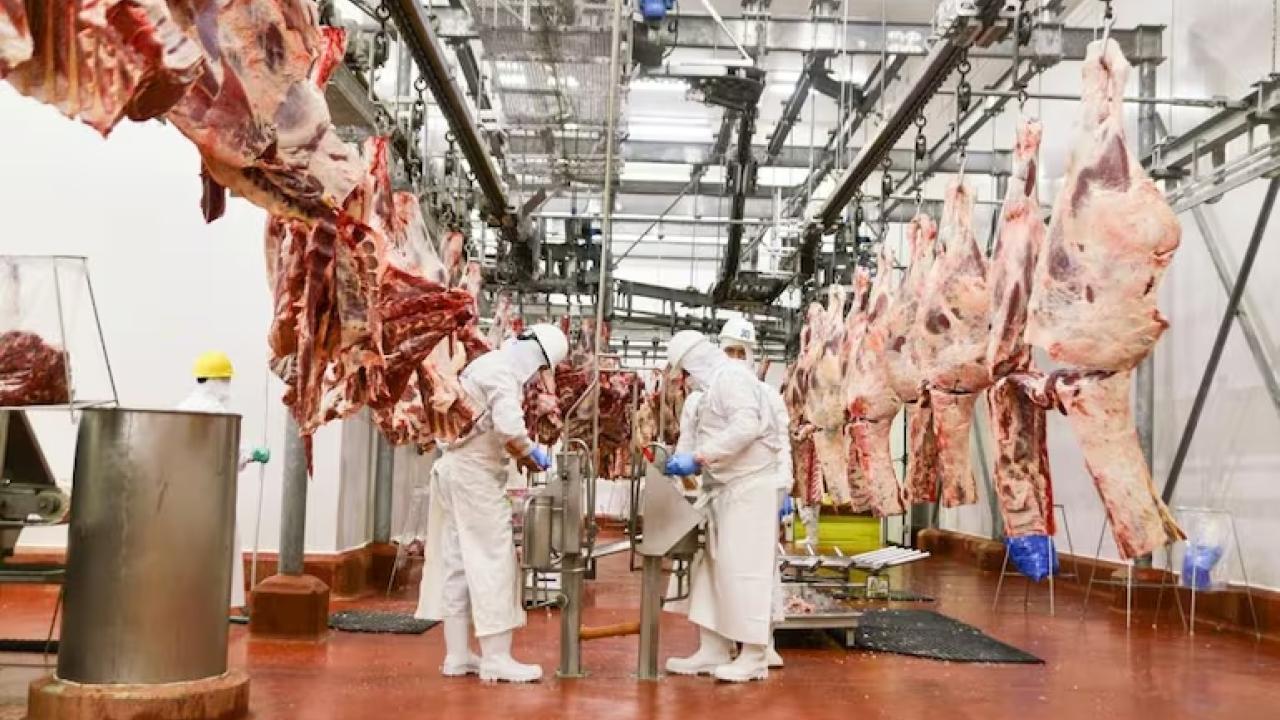
The Paraguayan Chamber of Meat (CPC) clarified that although the R-Calf USA initiative is neither formal nor parliamentary, the statement lacks scientific foundations and responds solely to "a protectionist policy."
Bill Bullard, CEO of the producer organization “R-Calf USA”, has drawn up a series of proposals for the first 100 days of the new Donald Trump administration. In the manifesto, he emphasizes that the Republican president must tighten import standards to the US and reverse the approval that Paraguay obtained to enter that market.
According to Bullard, these demands respond to the need to “reverse the downward trends of the livestock and sheep industries” in the United States.
Among other things, the CEO of R-Calf USA mentioned that producers need Congress and the government administration to reestablish or tighten import standards, which they considered have been “relaxed,” especially when it comes to countries that represent a greater risk of introducing dangerous animal diseases and pests to the United States.
“In this regard, the first step that Congress must take is to reverse the Biden administration’s recent approval for the importation of fresh beef from Paraguay, which is a country that is not free of foot-and-mouth disease,” the statement said. However, only last December, the World Organization for Animal Health (WHO) ratified Paraguay’s health status as a country “free of foot-and-mouth disease with vaccination.”
THEY CLAIM THAT THE APPLICATION LACKS "FOUNDATIONS"
The Paraguayan Chamber of Meat (CPC) explained that the proposal of the producer organization “R-Calf USA” does not
represents no formal or parliamentary initiative. They also clarified that it lacks "foundations" and only supports a
“protectionist policy”.
"It is a cattle association that has already expressed itself on several occasions to suspend the import of Paraguayan meat, but it is nothing more than a proposal from one of the various associations of producers. There is nothing official nor a parliamentary initiative," explained Daniel Burt, general manager of the Paraguayan Chamber of Meat (CPC), in conversation with ABC.
He recalled that when the term of the previous parliamentary body in the United States (Congress) ended, so did the project that sought to stop the entry of Paraguayan meat into that market and that did have partial approval from the Senate. “But, at present, there is nothing concrete. They are only positions that we consider to have no foundation,” he reiterated.
He stressed that producers are positioned against the importation of Paraguayan meat, maintaining "a policy
“protectionist” and seeking “the least possible competition in its market.”
He said that this is due to a lack of knowledge about the quality of local production, which has successfully passed all the tests, audits and requirements of the US health authorities.
He added that, if necessary, all the tools are available to defend the quality of Paraguayan meat.
“Our country has passed the same tests and audits as all other countries that are allowed to import meat into the US. There is no reason why local production can be considered risky. We hope that health and trade rules are respected and that market openings are not politicized,” he stressed.
According to the latest data from the National Animal Health and Quality Service (Senacsa), the United States was positioned last January among the main export destinations for Paraguayan meat. It climbed back to fourth place on the list, with the purchase of 1,757,794 kilos worth US$ 9,190,439.









